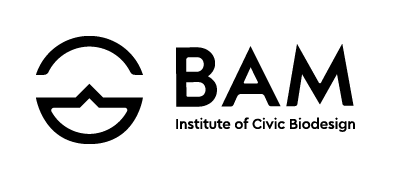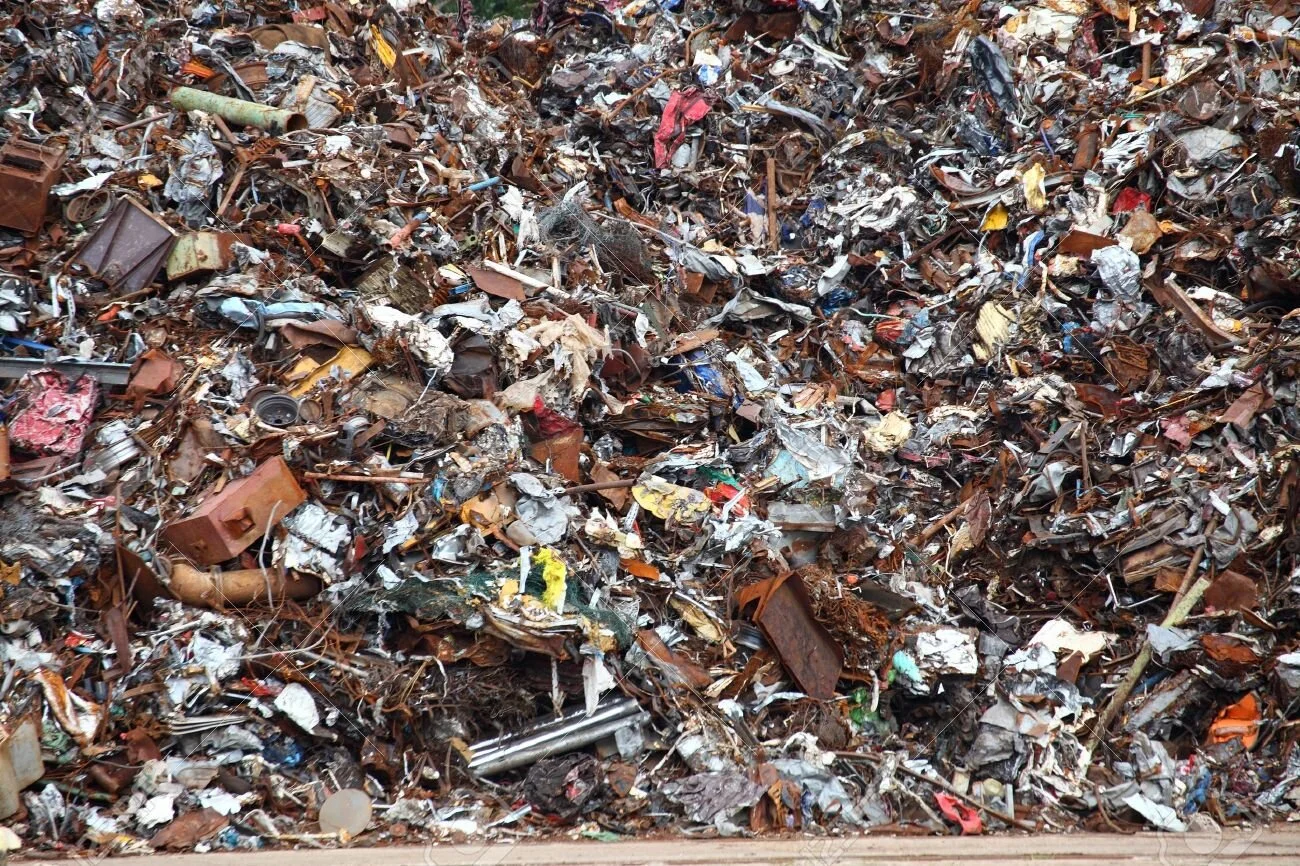Camp Week 05: Waste / Produce No Waste
Campers will learn about where their household waste goes and its implications for future populations and the environment. They will be challenged to examine their own waste production, the issues it creates, and strategies for reducing waste production and alternative uses for their waste other than going to landfill.
Your camper will:
Learn about environmental and social impact of waste production, recycling industry, strategies for reducing waste
Ideate solution to some of these challenges and craft a pitch
Learn what is needed to get projects off the ground and present their implementation plan
At BAM Virtual Camps, we aim to encourage kids to explore the challenges present and future of waste in their community and how they can turn those challenges into opportunities. We are aware of the limitations of learning through technology as opposed to the classroom. That’s why we get kids growing gardens because they can then observe directly how systems really work and the BAM coaches help them connect the dots. Our challenges are designed to balance the online learning environment by getting your kid’s hands dirty!
We do this through individual and group challenges that encourage them to ask deeper questions and get closer to objective truth. Be it through judging online resources, speaking directly with community members and subject matter experts, or observing their backyard or neighborhood through a global lens. Armed with this new knowledge, we further challenge kids to develop innovative solutions to these “wicked problems” and how they can affect change in their community by deploying their solutions at a local level. We provide the activities and guidance to inspire them to develop and explore scalable initiatives and solutions.
America is the number one producer of trash in the world accounting for 40% of the world’s waste. The EPA estimates 75% of American waste produced could be recycled, however, only 34% of waste actually is. The way in which recycling is carried out varies regionally and the effectiveness of it is also patchy. Ultimately, we need to reduce how much we consume and in turn, reduce what ends up in our bins.
Topics Covered: Environmental and Social Impacts of Waste Production, Recycling Industry, Strategies for Reducing Waste



